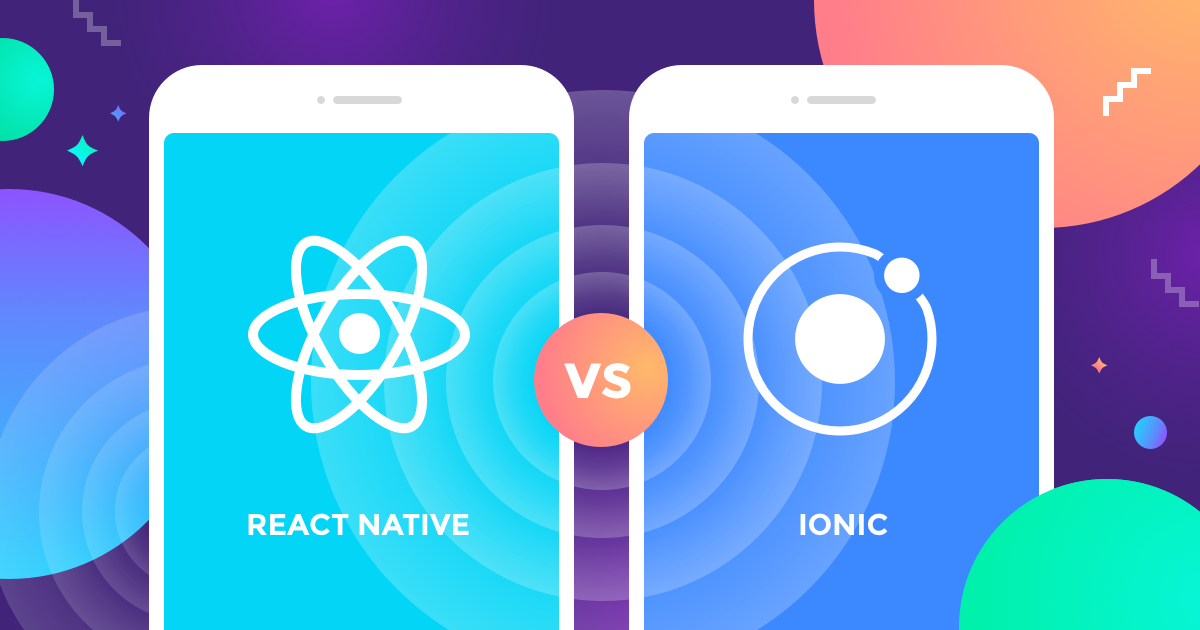
React Native vs. Ionic – Which one is right?
Mobile development does not mean just native iOS development using Swift or native Android development using Java anymore. We are in the generation of hybrid, cross-platform and progressive web apps.
React Native has a much more active and engaged developer community when compared to Ionic.
Pros of React Native
- Written in Javascript (a very popular language)
- Uses React, the robust web framework
- Builds cross-platform native apps on both iOS and Android
- Provides a great developer experience
- Great community involvement
Cons of React Native
- React Native is not suitable if you are trying to build an app which is extremely heavy on animations, like a gaming app
- Developers have to learn React before they begin React Native
Pros of Ionic
- Written in JavaScript the supports most modern frameworks like React, Angular and Vue
- Flexible for developers to pick a framework
- Builds cross-platform hybrid apps on both iOS and Android
Cons of Ionic
- Does not perform as well as cross-platform native apps or native apps
- Have to use Cordova plugins, to use native APIs and modules
- Builds a Web View, which will not translate to the look and feel of a native app
Conclusion
So who won? In this post, React Native is the winner. Of course, there is never the “right” framework. If you are planning on building cross-platform apps, make sure you evaluate your use-cases and developer preferences to decide which framework to pick.
Both React Native and Ionic come with their own pros and cons, and it takes careful evaluation to pick one or the other for your development.